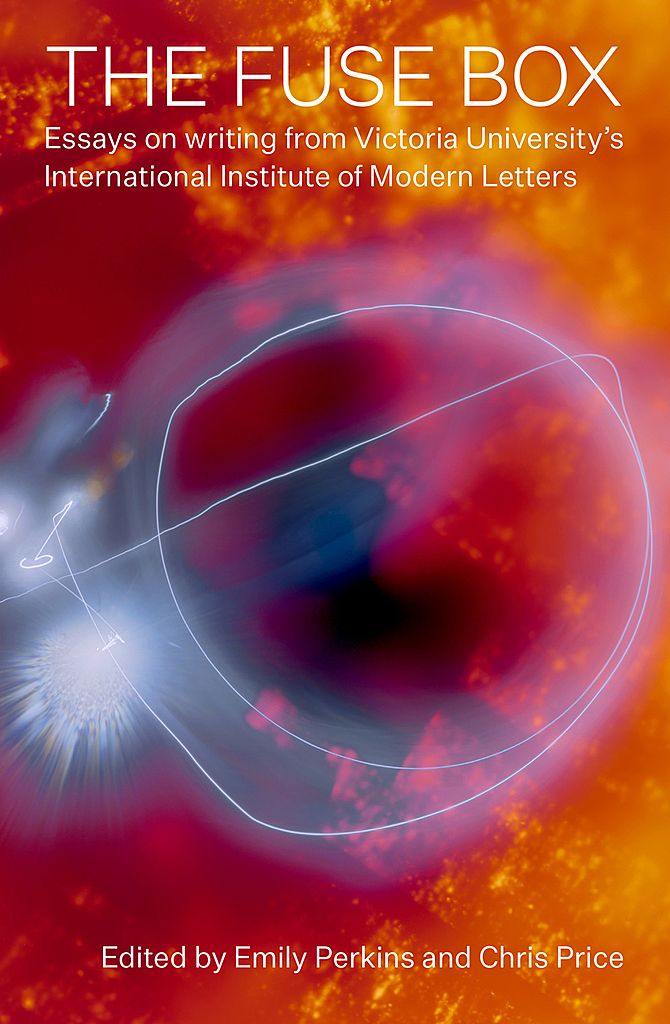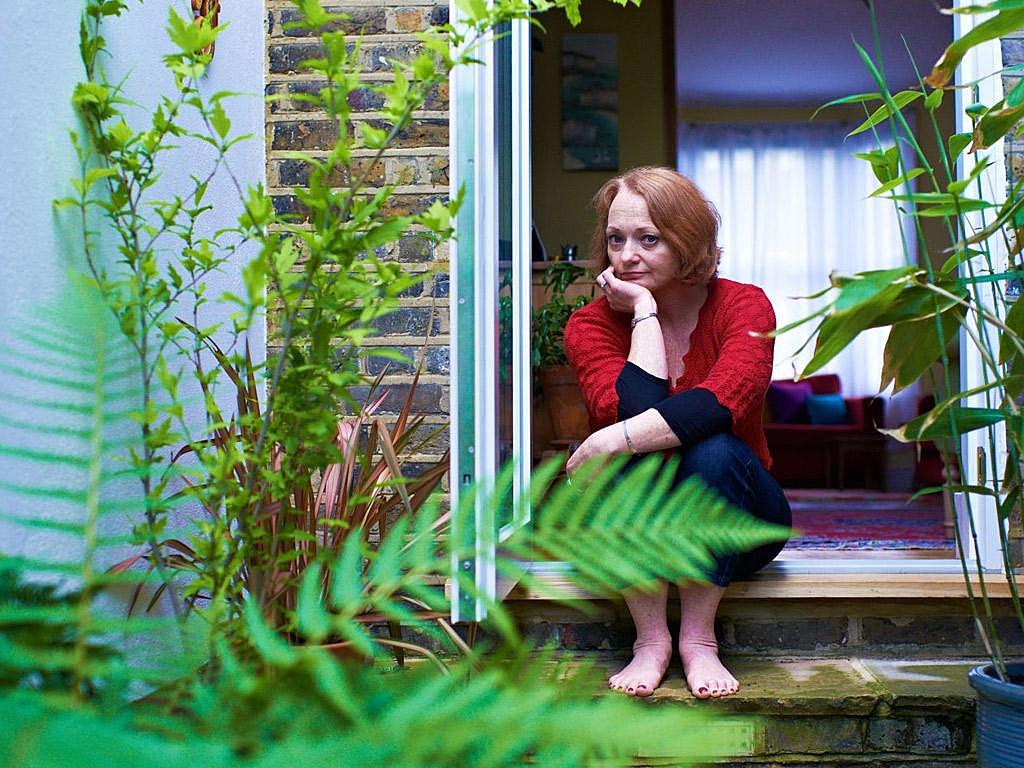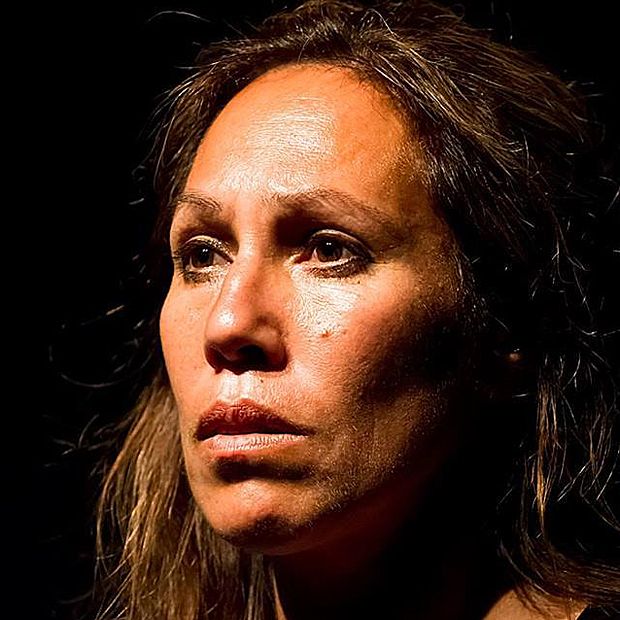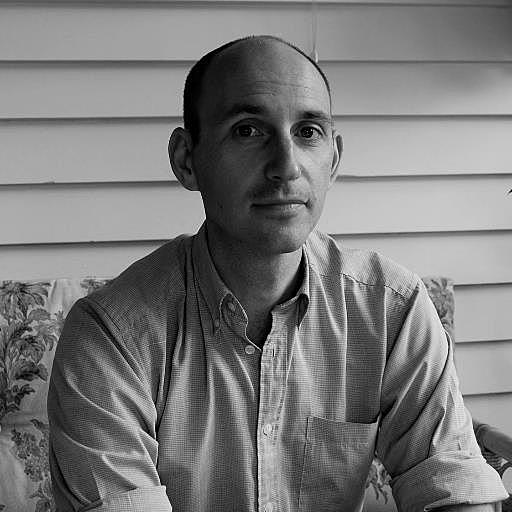A Glimpse at the Workings: A review of The Fuse Box
John Summers reviews The Fuse Box a collection of essays that intends to shine fresh light on the creative process.
John Summers reviews The Fuse Box, a collection of essays that intends to shine fresh light on the creative process. He finds a clear-headed and revealing book for those of us who want to be better writers.
For those who have never attended, Victoria University’s International Institute of Modern Letters or IIML can seem like a closed shop; a Wonka-like factory from which writers emerged fully formed, manuscript in hand. It’s the birthplace of Spectacular Babies, to borrow the title of one of their early publications and a celebration of writing and writers from the school. More recently, The Exercise Book, a collection of writing prompts, gave us a glimpse at the workings.
By assembling guidance and advice on writing, this latest title, The Fuse Box: Essays on Writing from Victoria University’s International Institute of Modern Letters, adds another insight. Its writers are mostly IIML faculty or alumni, and the most interesting moments come when they let slip some secret or share a self-doubt, and reveal that beneath the success stories, the writers are struggling with the same problems as the rest of us.
The most interesting moments come when they let slip some secret or share a self-doubt.
‘Remember I said how poetry doesn’t need / the desk, the 2000-words-before-breakfast, etc? / Well, I lied,’ writes James Brown in the poem that begins this collection. He warns of finding ‘yourself locked / in the doll’s house of your skull for days, months, years even.’ Brown crops up, irreverent again, in an A to Z of writing advice titled ‘Turnips.’ He writes that no subject is too trivial, and that despite advice otherwise, sometimes there is room for clichés and imitation.
Stella Duffy provides bracing advice on how to keep going, reminding us that writing isn’t hard work in the scheme of things (‘Being a miner is hard work’), and sharing her own set-backs with a healthy self-awareness. She admitts that she’s a ‘middle-aged, mid-list author,’ and that even after seven books, she’s had work rejected by her publisher.
‘Sometimes I try to write one of those cool kinds of essays in which the writer does not make an argument. I always fail,’ is Tina Makereti’s confession, and we benefit from this failure. Her argument here is for more voices in our literature – ‘Where are our immigrant stories? Our stories of poor communities?’ – and the need for writing where something is at stake, something more than ornate prose and writing that’s as ‘bland as the mashed potato, mince and boiled veg meals we used to eat in the 1970s.’
I admit I was disappointed that she shied away from naming this writing. Another of Makereti’s recent essays challenged our writing institutions to make space for these voices, this piece comes with a challenge to writers themselves: ‘write the thing you are scared of.’
This question of what to write comes up a lot, and both stories that need writing as well as those that arrive via serendipitous moments are discussed in interviews with Patricia Grace and Lloyd Jones, and in a piece by playwright Victor Rodger. The most fascinating answers to this question, though, are in an interview with the Write Where You Are Collective, a group who teach creative writing to people facing barriers to participation in the arts such as prison inmates.
Their observations take the discussion away from the workshop rooms of the IIML, and subvert assumptions of who writes and who they’re writing for. Again, it highlights that potential for writing where something is at stake, and a way of supporting talent and storytelling among those who don’t have the usual cultural capital. ‘I like the idea that possibly submissions for [literary journal] Sport could come from inside the prison, or this voice could be represented in a different way,’ says Pip Adam, one of the collective.
Nina Nawalowalo and Tom McCrory describe another approach to fostering and sharing stories that emerge from struggle, in sharing the history of their play The White Guitar. The White Guitar tells the redemptive tale of the Luafutu family (of which hip hop artist Scribe is a member), and was performed by the family members themselves. Unfortunately though, the play’s origin story doesn’t get much room to breathe here as it’s smothered by claims for the power of storytelling and the creative process: ‘An environment of creativity is woven from the threads of listening that wants to emerge in the space between the creators.’
A confession of my own: I chose to review The Fuse Box because I am someone who writes a little and who struggles with writing a lot. I have also never been through the IIML’s MA programme. My highlights were those pieces that came to me as clear-headed prompts for how I could be a better writer, or which shook-up my assumptions and bad habits. The nature of this book is that it offers an entirely different reading – a different greatest hits – to be found depending on the particular bend in the road you are at.
A confession of my own: I chose to review The Fuse Box because I am someone who writes a little and who struggles with writing a lot.
There is, for instance, a more cerebral, contemplative path, through pieces by Elizabeth Knox, Chris Price, Damien Wilkins, Emily Perkins, Bill Manhire and Steph Burt. Wilkins prods at the expectations around change and passivity in storytelling, with reference to the quiet beauty of Dennis McEldowney’s The World Regained. (Another confession: I once read McEldowney’s book and thought it was kind of boring. After reading Wilkins on McEldowney I feel compelled to read it again). Burt discusses the need for a control as counterpoint to experimentation in writing – it’s not limited to the laboratory – and the others ponder the value of sound, silence, and accidents.
With such a mix, the paths through The Fuse Box are countless, but with one exception: I struggle to see that there’d be quite enough here to hold the interest of the non-writing reader. For the scribblers amongst us, though, there’s plenty. Worth opening then, even when the lights aren’t out.
The Fuse Box is available from Victoria University Press.



